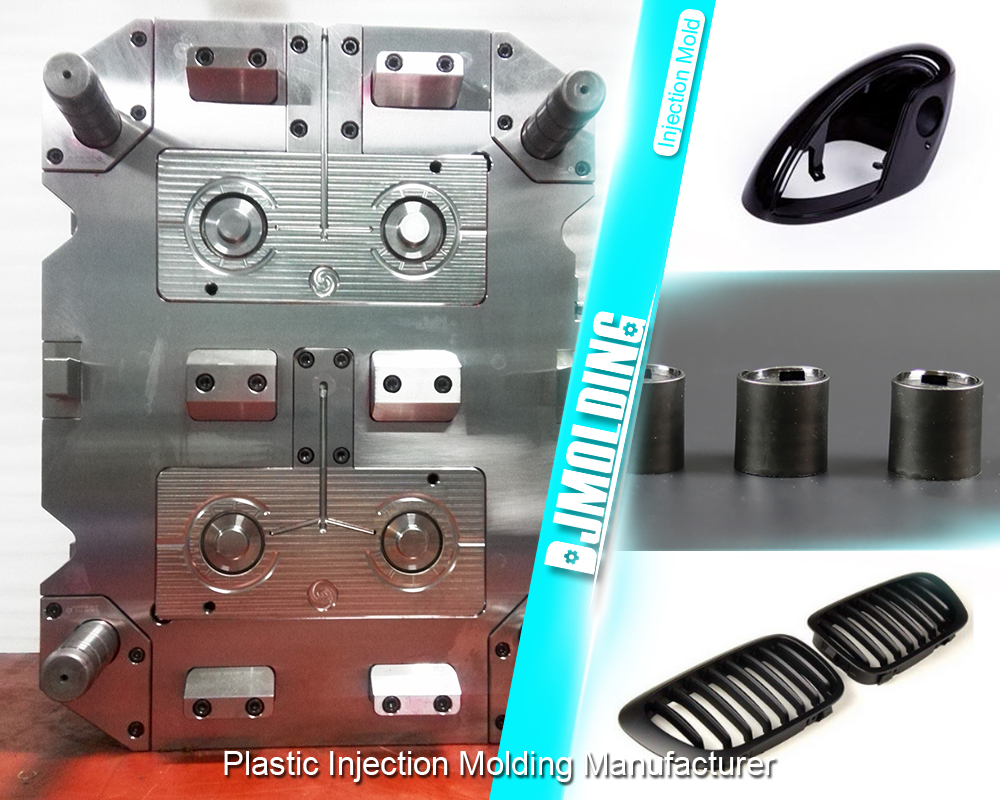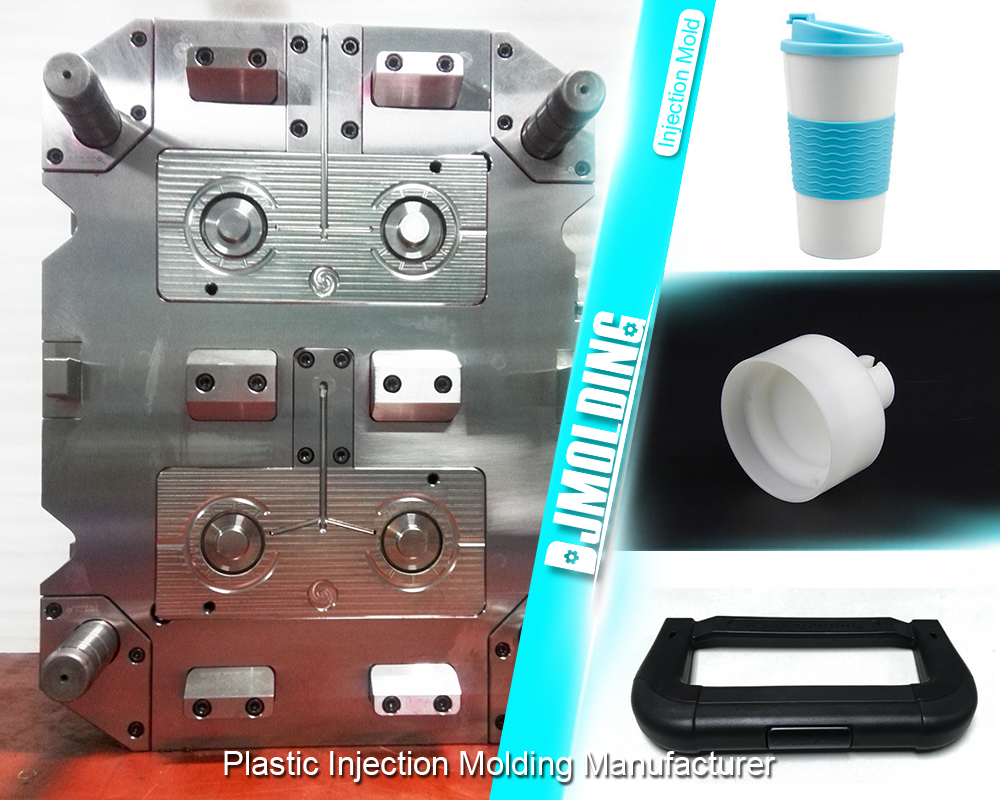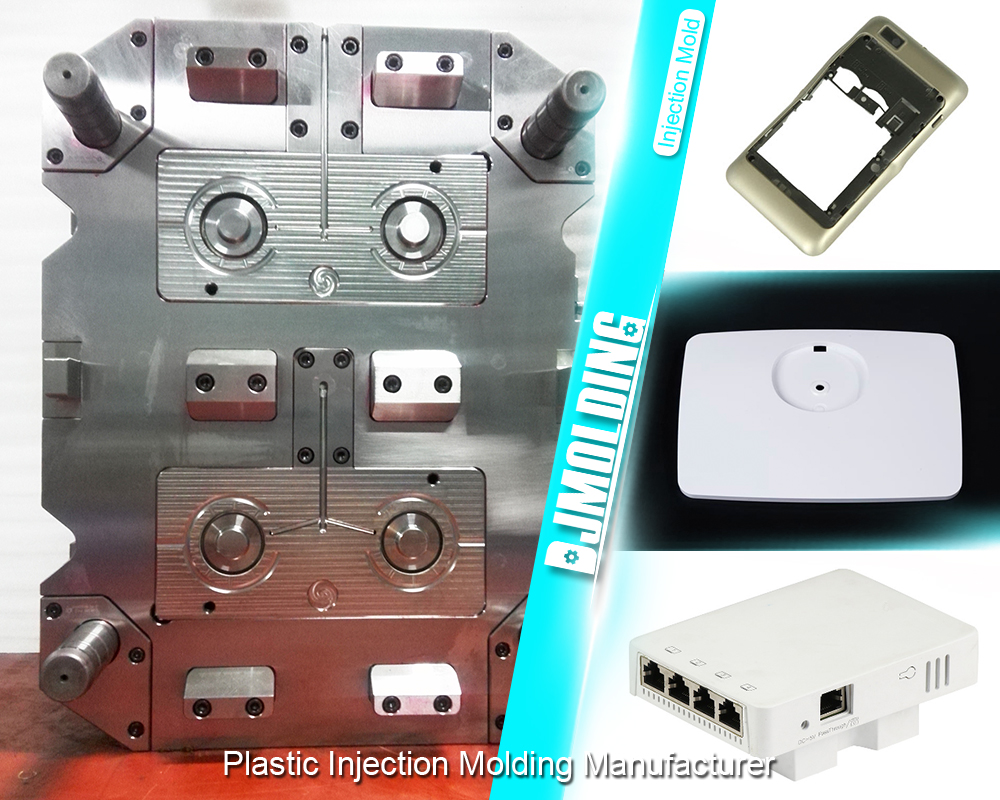The Advantages Of Plastic Low Volume Manufacturing Service For Rapid Prototyping
The Advantages Of Plastic Low Volume Manufacturing Service For Rapid Prototyping
When it comes to prototyping, low volume manufacturing services can provide a range of advantages. From cost savings to quicker turnaround times, using low volume manufacturing for prototyping can be an effective way to test and refine a product before going into full-scale production.
Today, we’ll explore some of the top advantages of using low volume manufacturing for prototyping and how it can benefit businesses of all sizes. Whether you’re looking to create a new product, refine an existing one, or simply test out different ideas, low volume manufacturing can be a valuable tool in your prototyping toolkit. Check out the advantages below.

Cost-Effective Solution for Small-Scale Production
Low volume manufacturing is a cost-effective solution for small-scale production compared to traditional manufacturing methods. Traditional manufacturing methods require high minimum order quantities, which can be a significant barrier for small businesses and startups. Low volume manufacturing allows businesses to produce smaller quantities of their products at a lower cost, making it an ideal solution for small-scale production. This cost-effective solution enables businesses to test the market demand for their products without incurring significant financial risks.
Furthermore, low volume manufacturing offers businesses the ability to produce their products locally, reducing transportation costs and lead times. This is particularly beneficial for businesses that require quick turnaround times for their products. By producing products locally, businesses can reduce their carbon footprint and support local economies.
Faster Turnaround Time for Prototyping
Low volume manufacturing offers a faster turnaround time for prototyping compared to traditional manufacturing methods. Traditional manufacturing methods can take weeks or even months to produce a prototype, which can significantly delay the product development process. Low volume manufacturing, on the other hand, can produce a prototype in a matter of days, allowing businesses to test and refine their product concepts quickly.
The faster turnaround time for prototyping is particularly beneficial for businesses that operate in fast-paced industries, such as technology and fashion. By reducing the time it takes to produce a prototype, businesses can bring their products to market faster, giving them a competitive advantage.
Flexibility in Design Modifications
Low volume manufacturing offers businesses flexibility in design modifications compared to traditional manufacturing methods. Traditional manufacturing methods require businesses to make significant design decisions upfront, as changes to the design can be costly and time-consuming. Low volume manufacturing, on the other hand, allows businesses to make design modifications throughout the product development process, making it easier to refine and improve their product concepts.
The flexibility in design modifications is particularly beneficial for businesses that are developing new products or products that require significant design changes. By allowing businesses to make design modifications throughout the product development process, low volume manufacturing can help businesses create products that better meet the needs of their customers.
High-Quality Output with Low Volume Manufacturing
Low volume manufacturing offers high-quality output compared to traditional manufacturing methods. Traditional manufacturing methods can produce products with inconsistencies and defects, which can be costly to fix. Low volume manufacturing, on the other hand, uses advanced manufacturing technologies and quality control processes to produce high-quality products consistently.
The high-quality output of low volume manufacturing is particularly beneficial for businesses that require high-quality products, such as medical device manufacturers. By producing high-quality products consistently, businesses can reduce the risk of product recalls and improve customer satisfaction.
Reduced Risk in Product Development
Low volume manufacturing offers reduced risk in product development compared to traditional manufacturing methods. Traditional manufacturing methods require businesses to invest significant amounts of money upfront, which can be a significant financial risk. Low volume manufacturing, on the other hand, allows businesses to produce smaller quantities of their products at a lower cost, reducing the financial risk associated with product development.
Furthermore, low volume manufacturing allows businesses to test the market demand for their products before investing in full-scale production. By testing the market demand for their products, businesses can reduce the risk of producing products that do not sell.
Customization Options for Unique Product Designs
Low volume manufacturing offers customization options for unique product designs compared to traditional manufacturing methods. Traditional manufacturing methods require businesses to produce products in large quantities, making it difficult to produce customized products. Low volume manufacturing, on the other hand, allows businesses to produce smaller quantities of customized products at a lower cost.
The customization options available with low volume manufacturing are particularly beneficial for businesses that produce unique products, such as custom jewelry or personalized gifts. By offering customization options, businesses can differentiate themselves from their competitors and appeal to a broader customer base.
Ideal for Testing and Validation of Product Concept
Low volume manufacturing is ideal for testing and validation of product concepts compared to traditional manufacturing methods. Traditional manufacturing methods require businesses to invest significant amounts of money upfront, making it difficult to test and refine product concepts. Low volume manufacturing, on the other hand, allows businesses to produce smaller quantities of their products at a lower cost, making it easier to test and refine product concepts.
The ability to test and validate product concepts is particularly beneficial for businesses that are developing new products or products that require significant design changes. By testing and validating product concepts, businesses can reduce the risk of producing products that do not meet the needs of their customers.
Sustainable Manufacturing Practices with Low Volume Production
Low volume manufacturing uses sustainable manufacturing practices compared to traditional manufacturing methods. Traditional manufacturing methods can be environmentally harmful, as they often require significant amounts of energy and resources. Low volume manufacturing, on the other hand, uses sustainable manufacturing practices, such as 3D printing and CNC machining, which produce less waste and use fewer resources.
The sustainable manufacturing practices used in low volume production are particularly beneficial for businesses that are committed to reducing their carbon footprint. By using sustainable manufacturing practices, businesses can reduce their environmental impact and appeal to environmentally conscious consumers.

Conclusion: Low Volume Manufacturing Service for Prototyping as a Game-Changer in Product Development
In conclusion, low volume manufacturing service for prototyping is a game-changer in product development. Low volume manufacturing offers a cost-effective solution for small-scale production, faster turnaround time for prototyping, flexibility in design modifications, high-quality output, reduced risk in product development, customization options for unique product designs, and sustainable manufacturing practices.
For more about the advantages of plastic low volume manufacturing service for rapid prototyping,you can pay a visit to Djmolding at https://www.djmolding.com/low-volume-manufacturing-service/ for more info.




